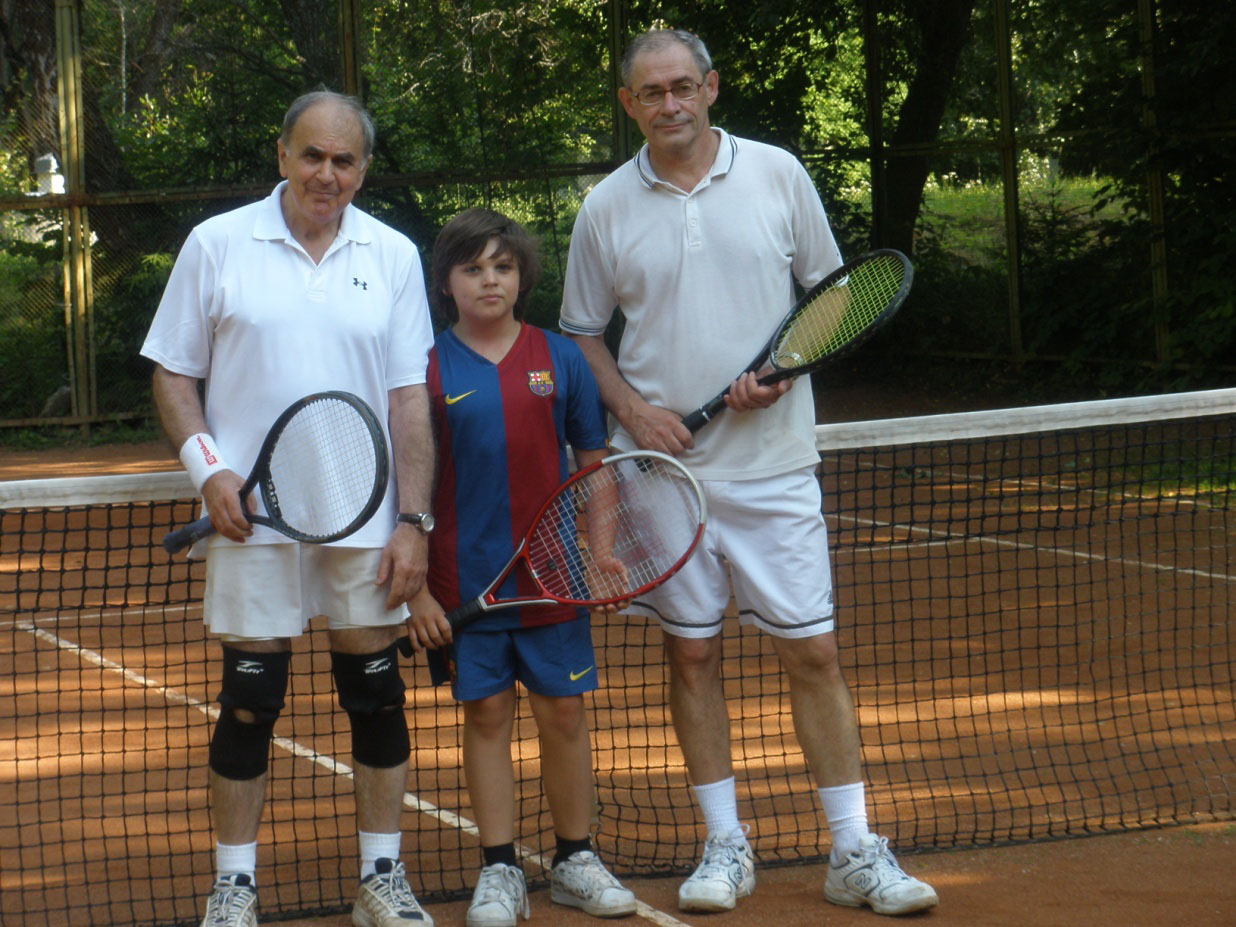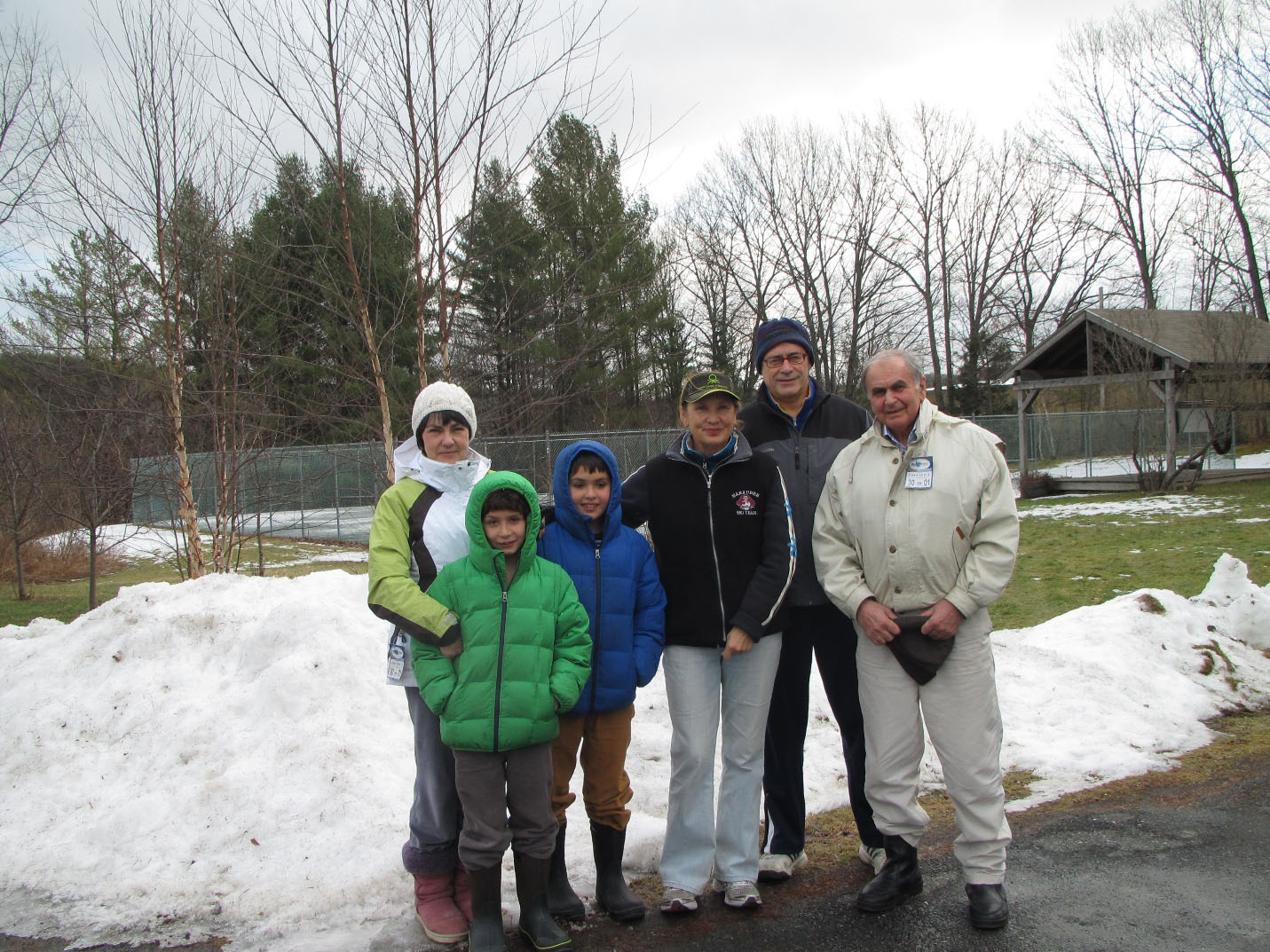Sergey Aivazian in my life
I knew Sergey Aivazian from 1973. The first time we met was one of the coldest and sunniest day in January, at a classroom school building in Belyaevo, Moscow. He has just defended his doctoral dissertation at Sokolov Institute and I was seeking for an opponent for my dissertation “Statistical Estimation of Parameters in Nonlinear Econometric Models.” It was a frantic encounter: Sergey has been already appointed as the Head of the Lab at Central Economic & Mathematics Institute (CEMI) at the Academy of Sciences of the USSR, and I was a 25 year old statistics self-educated kid with no Ph.D. thesis advisor, which was kind of ridiculous at the time. To my surprise, he did not turn me down – a request for serving as a First Opponent for my Ph.D. dissertation. In fact, he asked one of his young talented mathematicians lab members, Sasha Ivanov, to look over my dissertation draft, who immediately found several lapses. Looking back to that day, I must recognize that it was the pivotal point of my scientific carrier as a statistician. Although officially, Prof. Aivazian was an opponent at my dissertation defense, I consider him as a thesis advisor. I’m proud that Sergey Aivazian and Valerii Fedorov were the Opponents (thesis defense committee members) for my Ph.D. thesis defense at CEMI in 1975. That defense did not go through easily. I still remember the first words of Valerii Fedorov’s speech that sent chills down my spine: “I’m not going to talk about positive features of Demidenko’s thesis but start with its shortcomings” – the traditional attitude of the Russian culture. Two weeks before my thesis defense, Evgenii Dynkin, the world-class mathematician and probabilist, the most prominent member of the Ph.D. committee at CEMI had just applied for visa immigration to Israel/USA and consequently was eliminated from the committee.
I kept in touch with Sergey Aivazian and Valerii Fedorov, the two giants of Russian Statistics, throughout my long life in science, on and off tennis courts. Sergey Aivazian was a vivid tennis player. I remember a tennis ball was always sitting on the bookshelf in his CEMI office – when Sergey had a minute, he always squeezed the ball to exercise his tennis grip.
I continued connection with Sergey after I moved to US in 1991 and started my work as a statistician at Dartmouth College, New Hampshire. He and his wife Tatiana visited us for a week or so in Vermont for several times. In 2006 he gave a well-attended speech at Dartmouth titled “Why, against evident signs of economic growth, Russia has not demonstrated fundamental positive trends in the dynamics of the quality of life?” We always had great time – played tennis, swimmed, had dinner, etc. He was a humble man: once after we played cricket on or our yard lawn and then had a couple of champagne drinks, he said that he was ashamed knowing that some people in Russia having a harsh life.
Sergey Aivazian was the father of applied statistics in Russia. His seminar series “Applied Multivariate Statistical Analysis” at CEMI was the epicenter of statistics and its applications in the USSR. Under Aivazian’s leadership, for many young scientists, including myself, the annual scientific conferences on applied statistics were the highest point of their career. Many people around the world pay tribute to his generosity and mentorship that changed their lives and showed an example of being honest and humble individual.
Figure 1.
This picture was taken in 2009, Zvenigorod, suburbs of Moscow. I came for a conference “Multivariate Statistical Analysis and Its Applications” organized by Sergey Aivazian (his grandson in the middle).

Figure 2.
This photo was taken in spring 2013, the last time he visited us in Vermont. The Aivazian family wanted to go skiing, but it was a rainy day and we played paddle tennis instead. From left to right: Tatiana, his two grandkids, Valentina (my wife), myself, and Sergey.





